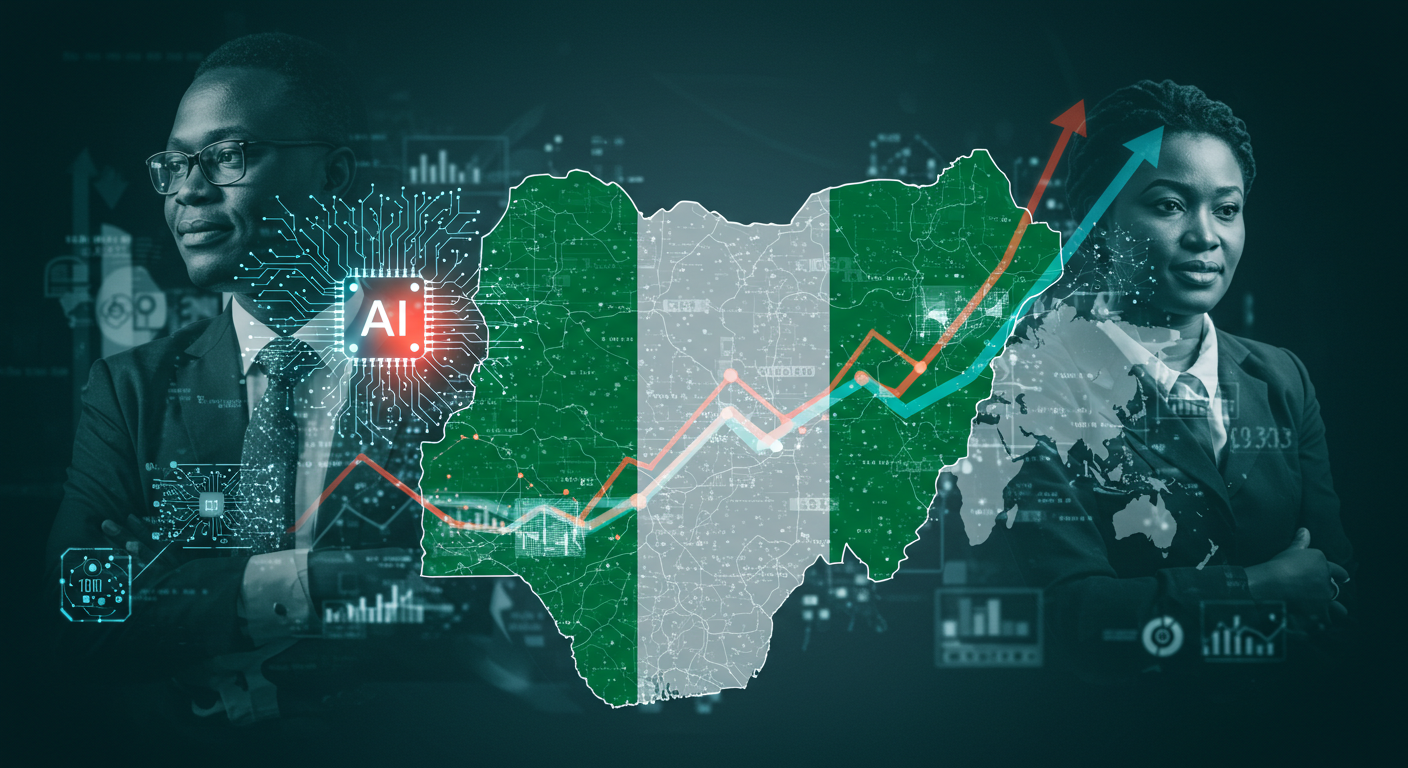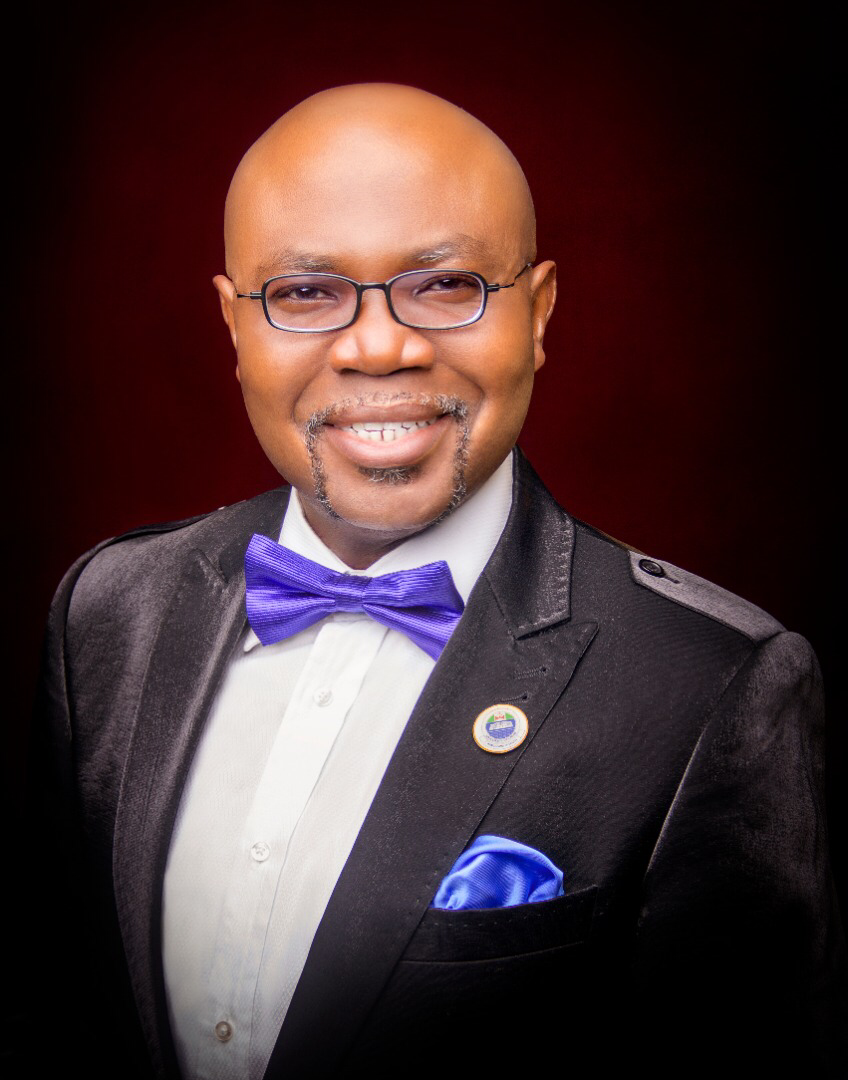Nigerian business leaders are deliberately doubling down on artificial intelligence (AI) and ambitious market expansions to combat the growing tide of economic instability, according to the latest PwC 28th Annual Global CEO Survey. The research depicts a resilient and forward-thinking Nigerian C-suite that uses innovation for future development.
A staggering 72% of Nigerian CEOs believe that AI would fundamentally alter their workforce and capabilities necessary in their organisations. This great belief in AI’s revolutionary capacity puts them well ahead of their contemporaries in Sun-Saharan Africa (60%) and internationally (68%). Furthermore, more than six in ten (61%) Nigerian CEOs see AI as a critical component of their overall company strategy, slightly above the 58% consensus reported across Africa and globally. The study results clearly show that artificial intelligence in Nigeria is fast transforming from a theoretical idea to a concrete engine of company growth.
This acceptance of AI is more than just cosmetic. A remarkable 67% of Nigerian CEOs feel that artificial intelligence would catalyse the development of wholly new goods and services. This percentage is well above the worldwide average of 30%, demonstrating Nigeria’s growing thirst for technology-driven growth and its ability to outperform traditional development paths. As stated in the study, PwC Nigeria’s Country Senior Partner commented that the survey data showed a cohort of CEOs under significant pressure while displaying a strong ambition and a clear readiness to embrace the transformational potential of innovation.
Despite their hopeful perspective on technical improvement, Nigerian CEOs are in the know of the country’s persisting macroeconomic difficulties. Volatility, inflationary pressures, high interest rates, and an ever-changing currency remain important worries for the majority of company executives. A considerable 58% of Nigerian CEOs report feeling highly or extremely vulnerable to inflation, well above the Sub-Saharan African average of 42% and the worldwide average of 29%. Adding to these problems, 31% of Nigerian CEOs are concerned about growing a skills gap, notably a lack of individuals with the essential competencies to fulfil the needs of an increasingly AI-driven and technologically sophisticated corporate environment.
Read also: WPP rebrands GroupM to ‘WPP Media’ amid AI-Driven Overhaul
In reaction to economic difficulties and a rapidly changing corporate landscape, Nigerian CEOs are already taking a proactive approach to strategic reinvention. According to the poll, 61% of respondents have entered wholly new industries in the last five years, which is much higher than the 50% reported in Sub-Saharan Africa and the 38% internationally. Furthermore, 56% have aggressively extended their consumer base, above the regional (42%) and worldwide (32%) norms. To manage the difficult economic environment, 42% have adopted new pricing models (compared to 34% in SSA and 24% internationally), and 39% have investigated and executed new go-to-market strategies (against 36% in SSA and 25% globally). This proactive diversification and adaptability demonstrate a strong sense of urgency and commitment to long-term sustainability.
This urgency is emphasised by the fact that approximately 42% of Nigerian CEOs feel their present business models would no longer be sustainable in the next 10 years unless they undergo considerable transformation. This stark realisation emphasises the critical importance of continuous innovation, strategic diversification, and a willingness to accept fundamental changes in how businesses operate.
PwC makes six critical advice to Nigerian CEOs as they manage this difficult and constantly changing market. These include completely integrating AI into corporate strategy, day-to-day operations, and personal planning. The advice also emphasises the significance of growing into new markets and geographies while rethinking distribution techniques to increase efficiency. PwC also advocates strengthening strategic decision-making processes by developing clear assessment criteria and aggressively supporting varied opinions within leadership teams. Finally, the research recommends that Nigerian CEOs begin incorporating climate issues into their long-term planning, even if the dangers are not urgent, in recognition of the rising global relevance of sustainability.
The PwC 28th Annual Global CEO Survey, which drew responses from 4,701 CEOs globally, including a large presence from Nigeria, eventually portrays a compelling picture of both challenge and opportunity. Despite the current economic concerns, Nigerian CEOs are optimistic about the general economic outlook as well as the future success of their enterprises, thanks to a bold embrace of technology innovation and strategic adaptability.






Comment
No comments found.